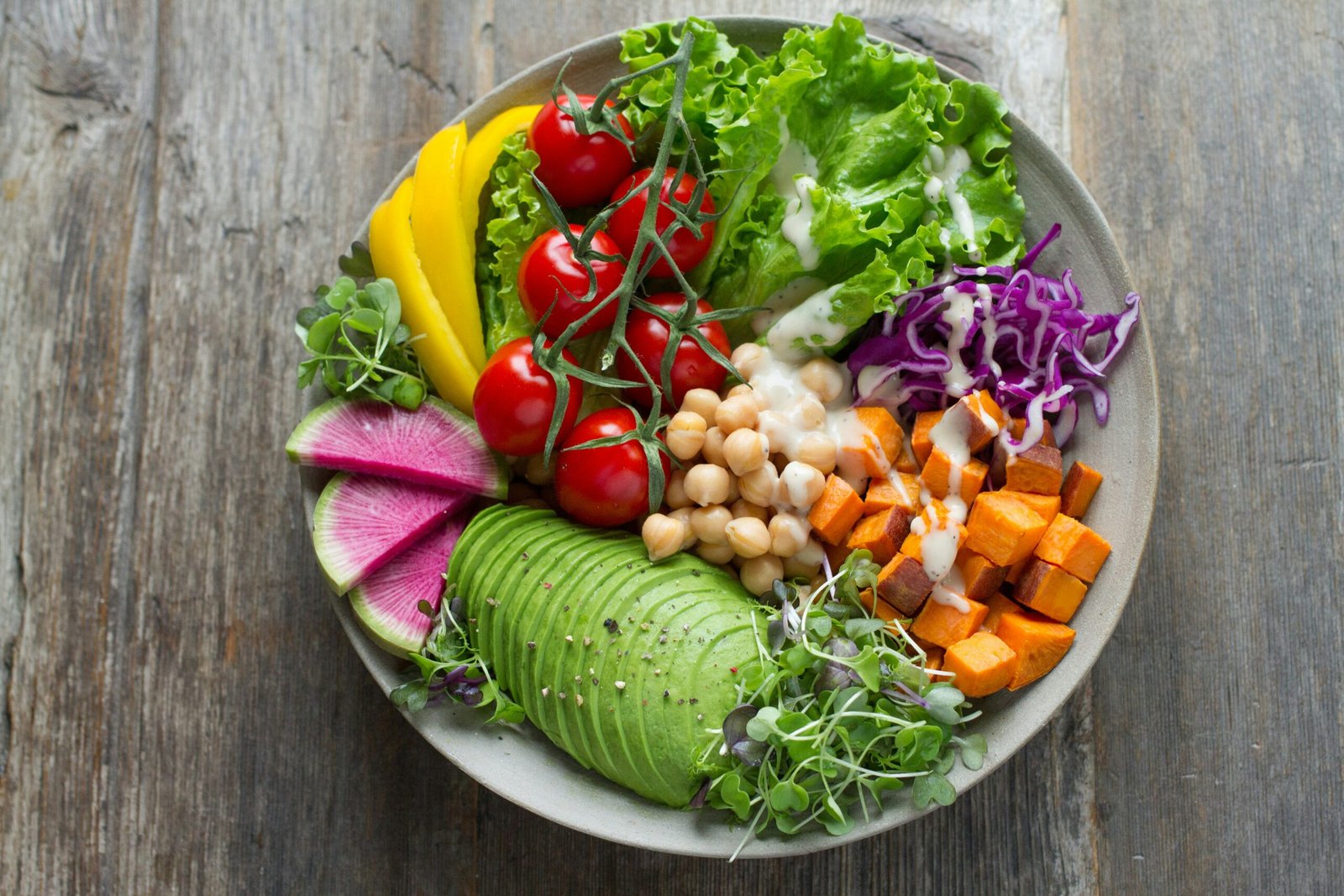Are you considering a shift towards a vegetarian or vegan lifestyle? It’s a decision that can have a positive impact on your health, the environment, and animal welfare. By embracing plant-powered nutrition, you’ll discover a world of delicious and nutritious options that will leave you feeling satisfied and energized.
The Benefits of a Plant-Powered Diet
Switching to a vegetarian or vegan diet can offer a wide range of benefits. Not only can it help you maintain a healthy weight, but it can also reduce the risk of chronic diseases such as heart disease, diabetes, and certain types of cancer. Plant-based diets are typically rich in fiber, vitamins, minerals, and antioxidants, which are all essential for optimal health.
By choosing plant-powered nutrition, you’re also making a positive impact on the environment. Animal agriculture is a significant contributor to greenhouse gas emissions, deforestation, and water pollution. By reducing your consumption of animal products, you’re helping to conserve natural resources and reduce your carbon footprint.
Furthermore, embracing a vegetarian or vegan lifestyle aligns with the principles of compassion and animal welfare. It’s a way to show respect and kindness towards animals by not contributing to their exploitation or suffering.
Getting Started: Tips for a Successful Transition
Transitioning to a vegetarian or vegan lifestyle doesn’t have to be overwhelming. Here are some tips to help you get started:
- Gradual Transition: Consider gradually reducing your consumption of animal products rather than making an abrupt change. Start by incorporating more plant-based meals into your diet and gradually eliminating meat, poultry, fish, and dairy.
- Explore New Foods: Embrace the opportunity to try new foods and flavors. Experiment with a variety of fruits, vegetables, whole grains, legumes, nuts, and seeds. You’ll be amazed at the delicious and diverse options available.
- Find Plant-Based Alternatives: There are now numerous plant-based alternatives available for meat, dairy, and eggs. From veggie burgers and tofu to almond milk and cashew cheese, you can easily find substitutes that suit your taste preferences.
- Educate Yourself: Take the time to educate yourself about plant-based nutrition. Ensure you’re getting all the essential nutrients your body needs, such as protein, iron, calcium, and vitamin B12. Consulting with a registered dietitian can be helpful in creating a well-balanced vegetarian or vegan meal plan.
- Connect with Others: Join vegetarian or vegan communities online or in your local area. Connecting with like-minded individuals can provide support, inspiration, and valuable resources.
Plant-Powered Meal Ideas
Looking for some plant-powered meal ideas to get you started? Here are a few delicious options:
- Breakfast: Start your day with a hearty bowl of oatmeal topped with fresh berries, nuts, and a drizzle of maple syrup.
- Lunch: Enjoy a colorful salad filled with mixed greens, roasted veggies, quinoa, and a tangy vinaigrette dressing.
- Dinner: Indulge in a flavorful vegetable stir-fry with tofu or tempeh, served over brown rice or noodles.
- Snacks: Munch on crunchy carrot sticks with hummus or enjoy a handful of trail mix filled with dried fruits and nuts.
Remember, embracing a vegetarian or vegan lifestyle is a journey, and it’s important to be kind to yourself along the way. Allow yourself to explore and discover new flavors and recipes that resonate with you. With time, you’ll find that plant-powered nutrition not only benefits your health but also brings joy and fulfillment to your plate.
So, are you ready to embrace a vegetarian or vegan lifestyle? Start your plant-powered journey today and experience the many benefits it has to offer!


